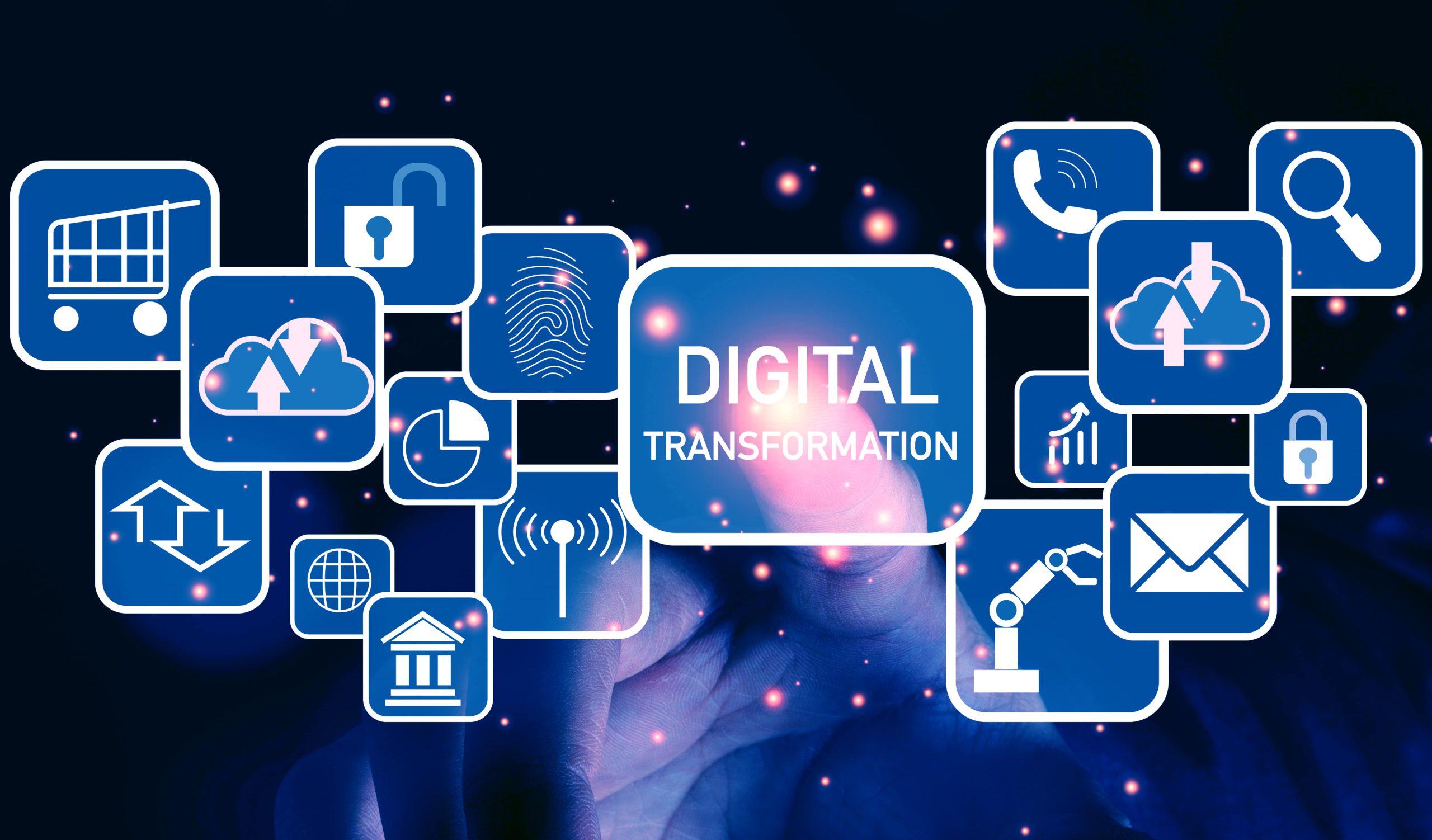
Ed Tech in Industry 4.0: Get more with Fox ERP

FoxERP
The education industry is a student-centric sector. An industry that shapes future generations. Unlike other industries, the product or service here is education, the education pedagogy that not only simplifies education delivery but also contributes to society’s growth as a whole.
Smart classroom programs, digital education, and e-learning are some of the recent terms used interchangeably that define the education sector’s growth in one way or another.
The recent advent of the COVID-19 pandemic has helped educational institutes leverage the benefits of digitization and drive value from the digital.
According to recently conducted research, the market value of the Ed-Tech and smart classroom market will reach USD 180 Billion by 2025.
This massive surge in the market value of Ed-Tech attributes to the rise in digital business processes and increasing penetration of digital and mobile devices to deliver education.
Another few factors driving the growth of the Ed-Tech market are the growth of the EdTech and smart classroom market, including increasing penetration of mobile devices and easy access to internet users.
The rising demand for EdTech solutions, the impact of the COVID-19 pandemic, and growing online teaching-learning models drive growth and promote e-learning initiatives among students.
Students, teachers, and educational business players are moving towards digital ways faster than predicted.
The worldwide lockdown that followed has pushed the educational institutes to go digital, using online and web conferences as one of the most vital tools to promote e-learning across.
Other factors that the e-learning industry has observed recently relate to the rise in the use of new generation hardware using wireless technologies, interactive displays, and technology-enabled devices.
Interactive displays are implemented to display content, such as images, videos, and video calls, delivering education to the masses.
The education sector has also resulted in the quicker adaptation of interactive displays influenced by encouraging responses from trainers and students.
Challenges to Ed-Tech
Just like any other change, the transformation of education to digital takes a lot. It is easier said than done unless a few prerequisites are considered
These challenges obstruct the anticipated growth in the digitization process of Ed-Tech. Not only this, but it also hampers the overall digitization of education business practices.
Some of these challenges are listed below:
- Fear of low Retention
Traditional business models need follow-up deals and upsales to conduct their businesses effectively.
With the rise in digitization, a lack of confidence about the ROI among investors undermines the trust in edtech products. It presents a challenge you must overcome to build a sustainable business.
- Personalization of Education
With the rise in educational activities, customization per the needs of the education businesses varies amongst the users.
Ed-Tech organizations invest massively in Ed-Tech software such as Machine Learning which helps users analyze consumer behavior, interests, and personality and identify growth areas by offering tailored lessons that suit the individual student.
- Inability to leverage Social Learning
Social learning is a crucial aspect of an organization’s success. With the rise in digitized tools and technologies, educational organizations are leaving no stone unturned to achieve growth and disrupt with the innovative digital tools and technologies.
Social learning is one of the most powerful ways to boost engagement in the Ed-tech product.
“Fox ERP for Education” is one such ERP software that not only streamlines the Education sector but also transforms the entire Ed-Tech space in digitally-driven ways.
Its “Do it yourself” mode of implementation makes it one of the most preferred ERP software.
Conclusion
Education is getting delivered in digital format, which is entirely true while driving the growth of Ed-Tech start-ups, driving innovation, and putting growth initiatives among the business verticals in the education sector.
Education with digital platforms such as “Fox ERP for Education” is a new reality and will flourish more in the days to come.
Recent Posts

FoxERP
Unleashing the Power of ERP Cloud Migration: Benefits, Challenges, and Options
In the contemporary business landscape, Enterprise Resource Planning (ERP) systems play a pivotal role in driving operational efficiency and facilitating strategic decision-making. With the rapid evolution of cloud technology, organizations are increasingly exploring the option of migrating their ERP systems to the cloud to unlock a plethora of benefits and drive digital transformation.

FoxERP
The ERP Revolution: Navigating Enterprise ERP System Challenges
Enterprise Resource Planning solutions can be a lifesaver for businesses. It enables you to automate all your day-to-day business processes in a centralized and streamlined platform. Today, most business organizations implement ERP solutions like FOX ERP to improve business operations, boost data security and data quality, automate workflows, and enhance customer service.

FoxERP
Unlocking Organizational Success by Embracing the Strategic Roadmap to ERP Implementation
Do you know? The global ERP software market is expected to reach a staggering $78.40 bn by 2026, growing at a CAGR of 10.2%. The global ERP software market is estimated to take over 40% of the market share by 2025.



